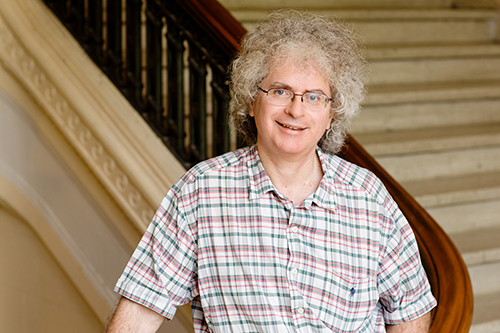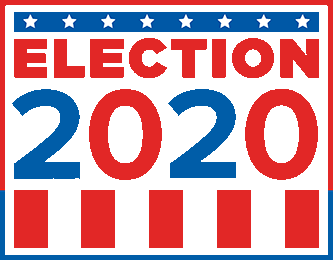

Editor’s note: Intelligence officials report that Russia is continuing its interference in the 2020 election by stirring controversy and spreading disinformation on social media, and it is becoming more creative and harder to track, according to intelligence officials. Richard Tempest is a professor of Slavic languages and literatures at the University of Illinois at Urbana-Champaign. He studies the interactions between Russian and Western cultures, and he has written extensively on Russian president Vladimir Putin and charismatic politics.
Is election interference by Russia something new?
The tradition of election interference goes back to the Cold War. In the immediate postwar period, the United States covertly influenced elections in France and Italy to prevent Communists from coming to power. Afterward, the U.S. continued to try to influence election outcomes in foreign countries, and the Soviet Union did the same.
In 1996, the United States wanted to make sure Russian president Boris Yeltsin was reelected. Western political consultants and public relations specialists came to Russia and worked for the reelection of Yeltsin, while the Clinton administration made it abundantly clear Yeltsin was its preferred candidate.
This has been going on for a good 70 years, continuing past the collapse of the Soviet Union. It’s part of the strategic competition between the U.S. and Russia.
What do you believe are the goals of Putin and Russia?
Disruption and division – those are their priorities. It’s not a master plan to destroy the credibility of our election system, let alone bring down American democracy. It’s a low-rent, on-the-cheap, fly-by-night operation, designed to sow a bit of confusion.
Their goals are to achieve the lifting of sanctions, which they suffer a great deal from and are very constrained by, and to have the acknowledgement of Russian special interests across the former Soviet republics. They are worried about China, which is immensely more powerful than Russia and infiltrating central Asia. Russia is quite keen to find some way to restate its claim to supremacy in the former Soviet spaces, and to get Western recognition of the same.
Do the Russians want to disrupt vote counting and reporting? Or do they want to spread fear that our voting system has been hacked and encourage people to believe our elections are illegitimate?
My sense is they would prefer to create the impression rather than the reality of hacking. From the Russian perspective, that would be an elegant solution. And it would leave no physical or electronic fingerprints.
What do their new tactics say about their use of social media for interference?
The Russians are comfortable with 21st-century methods of disseminating information, and they know how to operate at the interface between conspiracy theories, low-information voters and the tremendous, tribalized passions splitting the American electorate. They take advantage of opportunities that the internal politics of their competitors offer in order to generate confusion and promote their own interests.
Putin comes from the KGB, the Soviet security service. That’s a particular mindset. A conspiratorial way of thinking and acting is part of that makeup.
Reports say the Russians have been active in the primary elections, trying to help Bernie Sanders’ campaign, as well as supporting Donald Trump’s reelection. Are they trying to promote a particular candidate?
They are promoting Donald Trump, but from entirely pragmatic considerations. Trump is a better choice for Russia than Joe Biden, who is seen as someone who will follow in the tradition of Hillary Clinton’s foreign policy doctrine. Also, as a neo-isolationist and a skeptic about the post-World War II system of U.S.-led alliances, Trump is seen by Russia as a useful president.
Any support for Bernie Sanders is not because he’s a socialist. Nobody is more capitalistic than the people running Russia right now. Russia considers Sanders to be Biden's strongest rival and favors him for that reason only. (Editor’s note: This interview was conducted prior to Bernie Sanders leaving the race.)
 What do you foresee in terms of interference in November’s general election?
What do you foresee in terms of interference in November’s general election?
It will be similar to 2016, playing on the same divisions. They will inject into the political conversation ideas and concerns and fears and conspiracy theories to promote the geopolitical concerns of Russia. I think it’s something that won’t make a real difference. But whoever loses can, and will, blame the Russians.
This kind of interference is unlike, say, organizing a coup in another country – something the U.S. and the Soviet Union used to do with some regularity.
See more related stories at the Politics and LAS page.


